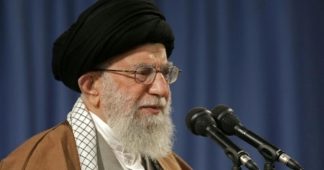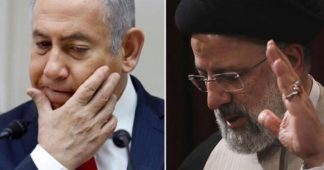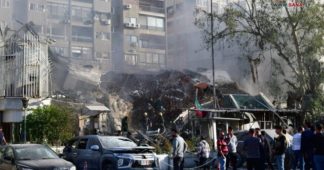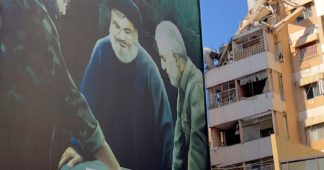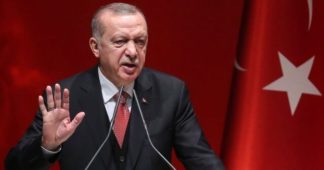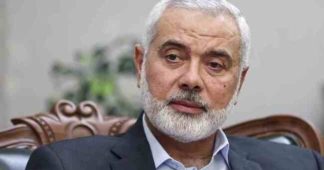The Israeli drone strike of Beirut and assassination of Hamas leader Ismail Haniyeh in Iran risks a major regional war
July 31, 2024
Secretary of Defense Lloyd Austin said Wednesday that the US would defend Israel if it faces attacks in response to its airstrike in Beirut that targeted a Hezbollah commander and the assassination of Ismail Haniyeh, the leader of Hamas’s political bureau who was killed in Tehran.
Israel has not formally taken credit for killing Haniyeh, but Israeli intelligence has a long history of carrying out covert attacks inside Iran, including assassinations. Both Iran and Hamas have blamed Israel for the killing and are vowing revenge.
“Following this bitter, tragic event which has taken place within the borders of the Islamic Republic, it is our duty to take revenge,” Iranian Supreme Leader Ayatollah Ali Khamenei wrote on X.
The New York Times later reported that Khamenei issued an order for Iran to strike Israel directly in retaliation for the killing of Haniyeh. The report, which cited three anonymous Iranian officials, said he gave the order at an emergency meeting of Iran’s Supreme National Security Council on Wednesday morning.
Austin, who is visiting the Philippines, was asked what assistance the US would provide if a wider regional war broke out. “We certainly will help defend Israel. You saw us do that April. You can expect to see us do that again,” he said
Austin was referring to the US and some of its allies intercepting Iranian missiles and drones that were fired at Israel in response to the April 1 Israeli bombing of the Iranian consulate in Damascus, Syria. The consulate bombing, which killed a senior Iranian general, provoked the first-ever Iranian attack on Israeli territory.
US officials claim they’re working to ease tensions in the Middle East, but providing unconditional military aid to Israel and vowing to defend it from any consequences only emboldens the government of Israeli Prime Minister Benjamin Netanyahu, which appears determined to get the US involved in a major war.
If Iran, Hezbollah, and other Shia allies in the region decide to coordinate a major attack, it could involve targeting US bases in Iraq and Syria, which are vulnerable to Iranian missiles. Rocket attacks on those bases restarted last week, and the US bombed the Iraqi Popular Mobilization Forces on Tuesday, only a few hours after Israel bombed Beirut.
The unnamed Iranian officials speaking to the Times said a coordinated strike with Iran’s allies was one option, although they didn’t mention the possibility of attacks on US bases. Another option would be an operation similar to what was launched in April, a combined missile and drone attack that would target military sites.
We remind our readers that publication of articles on our site does not mean that we agree with what is written. Our policy is to publish anything which we consider of interest, so as to assist our readers in forming their opinions. Sometimes we even publish articles with which we totally disagree, since we believe it is important for our readers to be informed on as wide a spectrum of views as possible.
